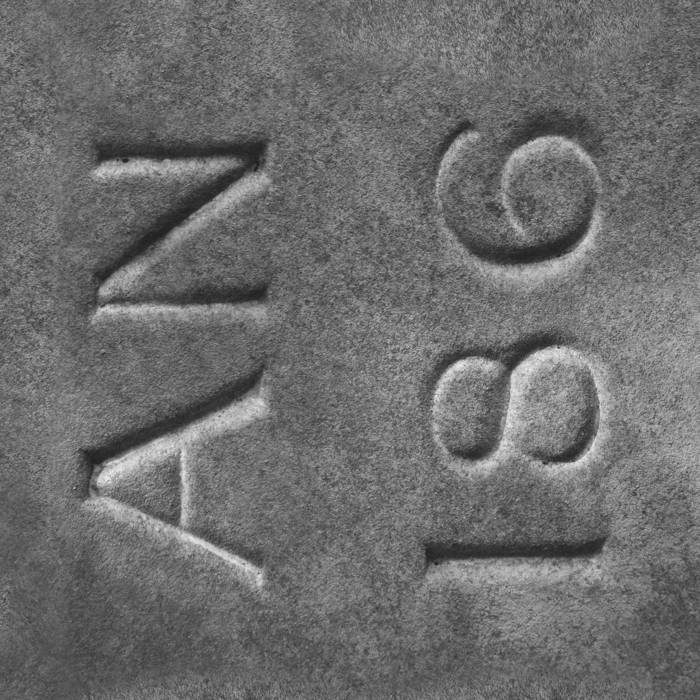I noticed this year that people I follow on social media seemed to be making a bigger deal than usual about the appearance of the migration of swifts, eagerly anticipating the arrival of their axe blade forms and screeching rending the evening air above terraces, lanes, barns and woodland. I wonder if this is because we seek in these birds an omen or reassurance in this time of environmental dread and change, a hunt for clues as to what might be imminent, or already upon us beyond the dire warnings of science and the media.
I often wonder if the frantic output of Richard Skelton is also a scanning of the skies, a search for a sense of purpose against the vast potency of environmental apocalypse, a quest for a music and language that goes beyond our human comprehension of what’s currently befalling us. I confess that even as a huge fan of his work I have lost count of the releases that he’s already put out this year, alongside continued work on his PhD and the ever-excellent Reliquae journal. His recent releases have focussed on a quest for an austere minimalism, sine waves inspired by the cracking of glacier ice, and a caustic focus on the micro dissolve that is part of the now seemingly inevitable system of both climactic breakdown and individual despair.
New record Border Ballads then comes as something of a shock, featuring some of Skelton’s most concise and melodious work to date, perhaps waymarked by his one-off track Cresserelle, released earlier this year. This album is a rich cartography of cello and viola contours, gentle piano streams that patter forth and dry up, all eddying and surging like a shaft of light piercing ragged clouds to illuminate, however briefly, a landscape in flux. The result is a deeply melancholic, reflective, evocative album that yet again shows the bizarrely marginal Skelton is in a class above and beyond the trite mundanity of most of the modern classical types doing the rounds at the moment, showing them up as the sonic lifestyle accessories they are. Somewhere in here might be ancient folk melodies of the English Scottish border regions in which the album was recorded, but the human voice is subsumed by this landscape music as effectively as the scrub woodland will one day rustle out across the rubble of our farms and homes. I see that too in the sleeve, the letters ‘AN’ and numbers ‘186’ as deep grooves in rock, as if a fragment of a forgotten memorial.
That’s not to say Skelton’s music is anti-human, even inhumane, more that he puts the natural world into primary focus, perhaps seeing himself as an element within it, hymning the landscape as might the wind through a stand of rough oak, or the water rushing endlessly down a hillside. If Skelton’s more electronic work is an attempt to capture the physics and physicality of a changing chemistry, geology and weather, then Border Ballads is a lament to all that we have caused to be lost. Outside over the deep thrum of his track ‘Dhu’ I can hear the swifts screeching. But for how many more years will they return?


